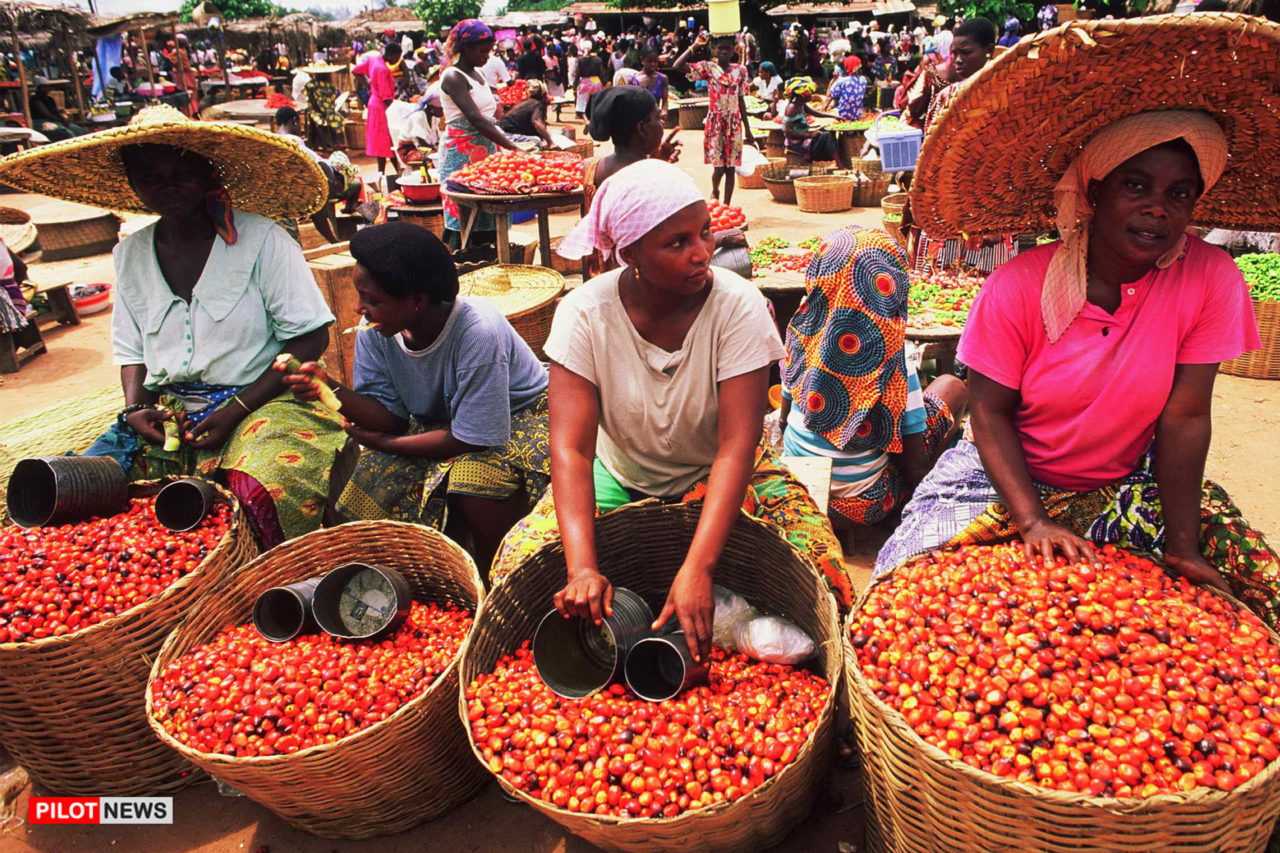A total of N40.2 trillion was spent by Nigerians on food and non-food items in 2019, a report just released by the National Bureau of Statistics (NBS) revealed.
The report which details findings on the consumption expenditure pattern in Nigeria is based on the Nigeria Living Standard Survey (NLSS) which was last conducted in 2009. It classifies household consumption expenditure types by food and non-food items at the national, zonal level, state level, and the urban/rural split.
Data on consumption is a better indicator of living standards. The consumption pattern depicts the level of welfare and poverty that a nation is experiencing, the NBS stated.
The survey was conducted between September 2018 and October 2019 and covered 22,110 households across 36 states and the FCT but the report excluded findings from Borno State. According to the NBS, security issues prevented it from getting a representative sample from Borno.
The report shows 100% increase in total household expenditure from N21,620,601543,613 in 2009 to N40,207,388,459,367 in 2019. Of the total figure for 2019, while 56.65% was spent on food items, 43.35% was spent on non-food items.
“Food consumed outside the home, followed by transportation costs and starchy roots, tubers, and plantain were responsible for the largest proportion of household expenditure representing a combined 24.16% of total household expenditure in 2019.”
According to the NBS, total household expenditure in urban and rural areas in 2019 was N19,113,569,558,086 and N21,093,818,901,281 respectively. While people in urban areas spent more on food than people in rural areas by about 4.63%, data reveal that people living in rural areas, generally, had more expenses than those in urban areas in 2019.
Analysis according to the six geo-political zones in the country shows that at 29.95%, the South-west recorded the highest household expenditure and the highest expenditure on food and in non-food categories, while North-east, excluding Borno, recorded the lowest at 6.14%. The South-south recorded 20.94%, South-east at 11.87%, North-west at 17.02%, and North-central at 14.07%.
The NBS found that Nigeria’s consumption pattern leans towards food than non-food items while noting that it is the opposite in most developed countries, where the consumption pattern is skewed towards non-food items. The more developed a society becomes, the less it spends on food, and the more it spends on non-food items.
- PHOTOS: After 48 Days in Hospital, Boy Labelled Witch and Abandoned is Discharged - August 8, 2021
- Travellers Complain Over Fly Infested Aminu Kano Airport - August 6, 2021
- Ondo 2020: Mimiko Criticises Akeredolu’s Performance - September 28, 2020


